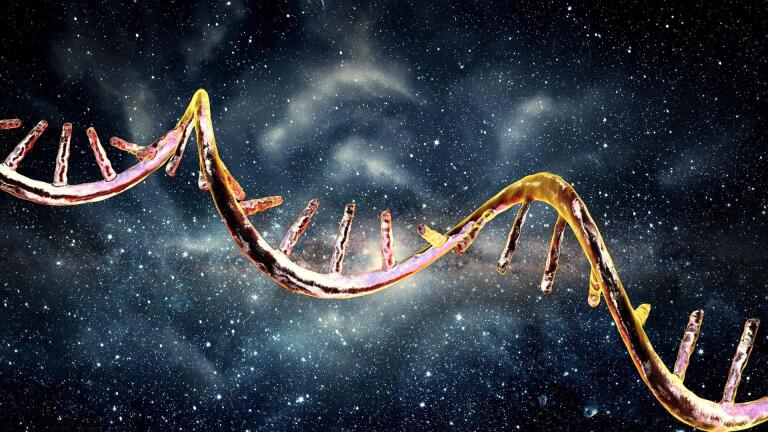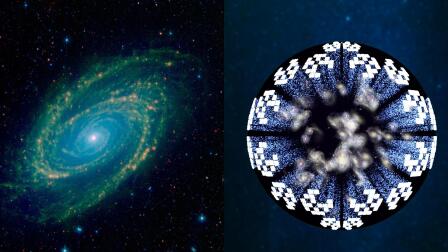Back to Show
PBS Space Time
Why Did Attosecond Physics Win the Nobel Prize?
Season 9
Episode 28
The 2023 Nobel prize in physics has been awarded to three physicists for opening a new window in physics—but it's not a window to a new size scale or a new mode of seeing—-it’s for a new window in time. It’s for attosecond physics—the billionth of a billionth of a second that represents the timescale of the insides of atoms. This year’s Nobel in physics is for a microscope in time.
Support Provided By
Season

14:50
Why is there any matter in the universe? A new antimatter breakthrough at LHC holds clues.

16:30
There’s an extremely good chance that Earth once did have a ring system.

17:23
How is it possible to tell if a space rock will one day collide with the Earth?

15:58
Did you know that many of us have up to 4% neanderthal DNA?

16:35
What if the Big Bang was just an endless cycle?

19:39
Why are billions suddenly being pumped into fusion startups?

16:36
The universe should've collapsed after the Big Bang, but a light Higgs boson let us exist.

14:30
Maybe dark energy doesn't exist?

18:32
Dark matter has eluded us for many decades but we may be able to discover more now.

15:35
What do you get if you combine something that’s infinitely massive and negative infinitely massive?

13:39
What does an electron really look like?

16:35
Is there a limit to how much energy you can cram into, or pull out of one patch of space?











